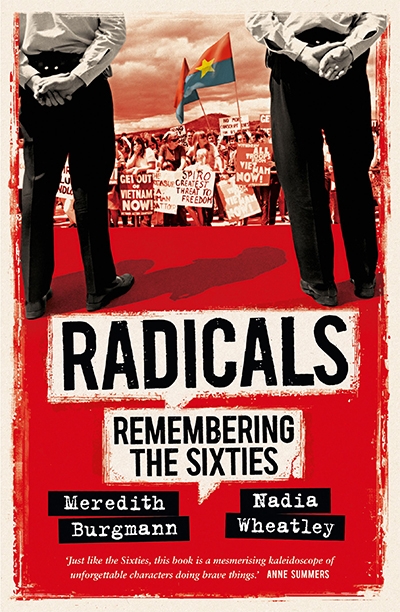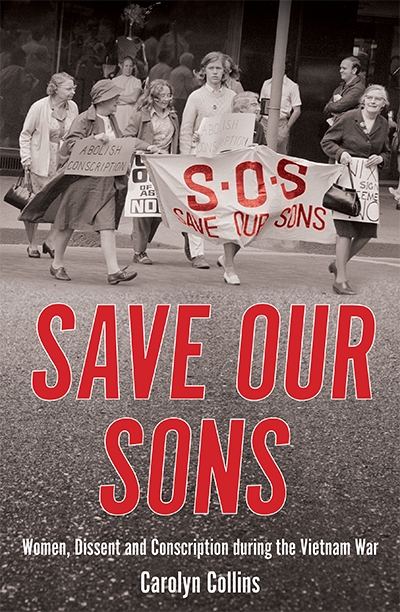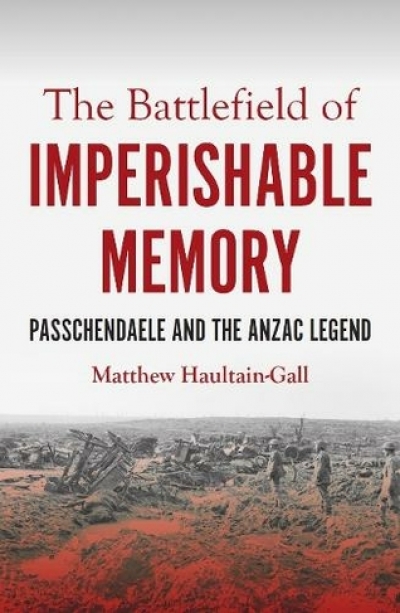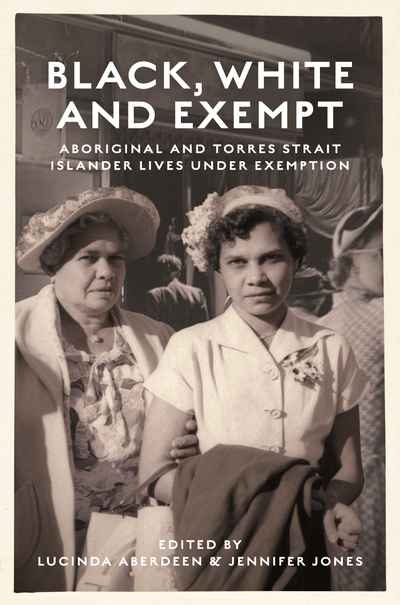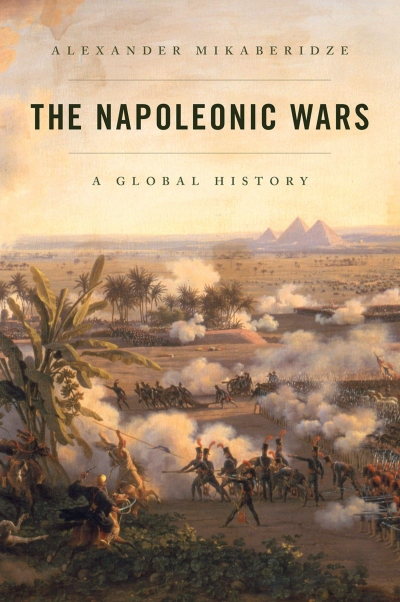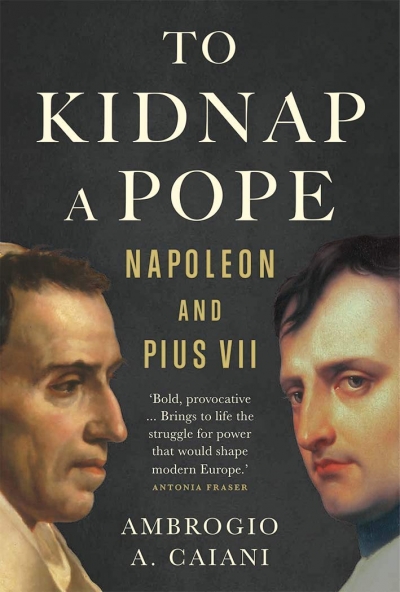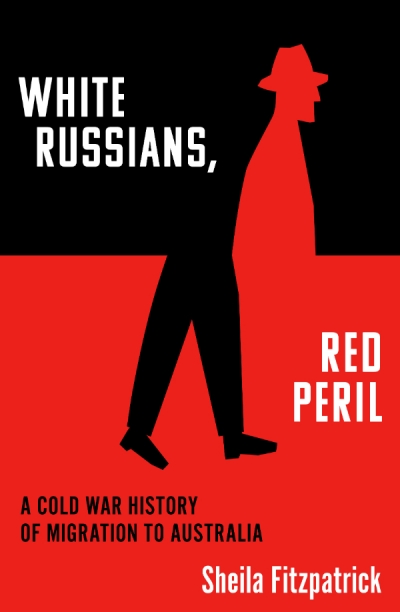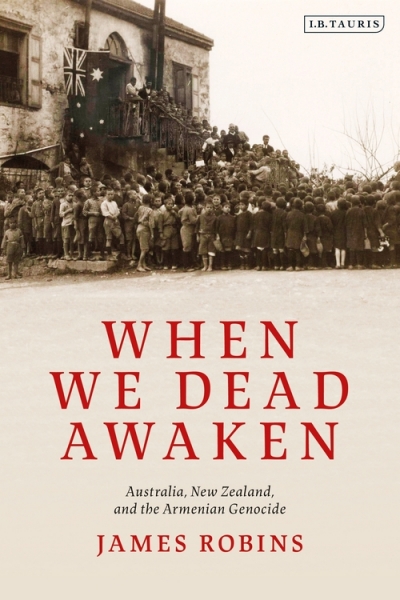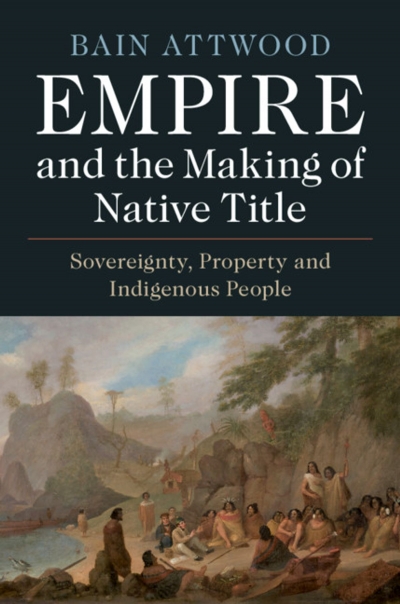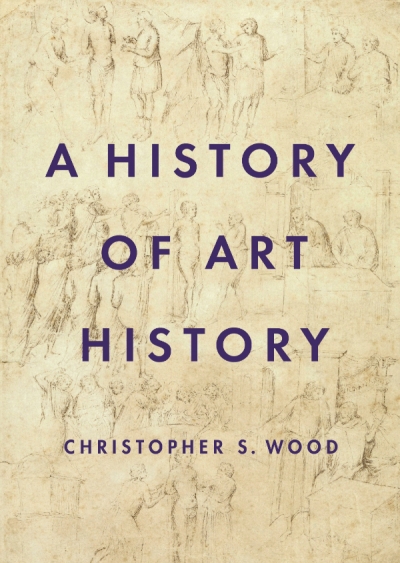History
Radicals: Remembering the Sixties by Meredith Burgmann and Nadia Wheatley
Now in their early seventies, and friends since their late-night meeting over the metaphysical poets and the leftover toast, Burgmann and Wheatley have collaborated on a collection of twenty portraits or profiles of Australian contemporaries who, like them, came of age in the late 1960s and took part in activities and demonstrations against whatever they found most oppressive. Much of this oppression was personified, directly or indirectly, in the figure of Robert Menzies, whose second stint as prime minister of Australia ran from 1949 to 1966. Burgmann and Wheatley make this point in their Introduction: ‘For a twenty-year-old Australian today, who has lived through seven Prime Ministers, it would be impossible to imagine how stultifying it was to grow up under a single one – and a patriarchal, conservative one at that.’
... (read more)Save Our Sons: Women, dissent and conscription in the Vietnam War by Carolyn Collins
Two weeks after he announced the reintroduction of conscription in late 1964, Prime Minister Robert Menzies addressed a political rally at Hornsby, in the Liberal heartland of Sydney’s north-west. Menzies received what historian Carolyn Collins described as a ‘rockstar welcome’. However, when he spoke about national service, a group of black-clad women in the audience rose to their feet and covered their heads with black veils, standing silently for several minutes in the face of jeers and boos. They eventually filed out of the hall, handing out anti-conscription pamphlets as they left. Margaret Holmes, who had helped organise the protest, recalled later that it ‘stopped [Menzies] in his tracks’. Organised by the Women’s International League of Peace and Freedom, it was the first women’s protest against conscription in the Vietnam era, but it would not be the last. Weaponising decorous, middle-class femininity would prove to be a potent strategy in the nine long years it took to abolish conscription in Australia.
... (read more)The Battlefield of Imperishable Memory: Passchendaele and the Anzac Legend by Matthew Haultain-Gall
This book is about the battles in which the First Australian Imperial Force took part between June and November 1917. It is not, however, a battle history. Rather, it takes the interesting approach of investigating how Australians remember these battles. Spoiler alert: they don’t.
... (read more)Black, White and Exempt: Aboriginal and Torres Strait Islander lives under exemption edited by Lucinda Aberdeen and Jennifer Jones
In the process of British colonisation, Aboriginal people lost their country, kin, culture, and languages. They also lost their freedom. Governed after 1901 by different state and territory laws, Aboriginal peoples were subject to the direction of Chief Protectors and Protection Boards, and were told where they could live, travel, and seek employment, and whom they might marry. They were also subject to the forced removal of their children by state authorities. Exemption certificates promised family safety, dignity, a choice of work, a passport to travel, and freedom. Too often, in practice, exemption also meant enhanced surveillance, family breakup, and new forms of racial discrimination and social segregation.
... (read more)The French have a term for weighty tomes of scholarship: gros pavés or paving stones. Alexander Mikaberidze has landed his own gros pavé, an extraordinary account of the Napoleonic Wars of 1799–1815 in almost one thousand pages, based on an awe-inspiring knowledge of military and political history and a facility in at least half a dozen languages. The scale of his knowledge is breathtaking.
... (read more)To Kidnap a Pope: Napoleon and Pius VII by Ambrogio A. Caiani
To kidnap one pope might be regarded as unfortunate; to kidnap two looks like a pattern of abusive behaviour. Ambrogio A. Caiani tells the story of Napoleon’s second papal hostage-taking: an audacious 1809 plot to whisk Pius VII (1742–1823) from Rome in the dead of night and to break his stubborn resolve through physical isolation and intrusive surveillance.
... (read more)White Russians, Red Peril: A Cold War history of migration to Australia by Sheila Fitzpatrick
As readers of her two volumes of memoirs will know, Sheila Fitzpatrick trained at the University of Melbourne until departing for Oxford in 1964 to pursue doctoral research on the history of the Soviet Union. That took her to Moscow, where she gained access to Soviet archives. Fitzpatrick would make her name as an archival historian, in contrast to earlier Western scholars who relied, both of necessity and by inclination, on other sources; she showed remarkable ingenuity in using the officially sanctioned records.
... (read more)In 1969, an Anzac veteran visiting Gallipoli fell into conversation with a retired Turkish school teacher. The teacher had with him a guidebook featuring a quote from Şükrü Kaya, the former head of the Ottoman Directorate for the Settlement of Tribes and Immigrants. The quote came from a 1953 interview Kaya gave, in which he recalled a 1934 speech he made on behalf of Mustafa Kemal, a sentimental entreaty to Anzac mothers to ‘wipe away’ their tears. The teacher shared Kemal’s supposed words with the Australian visitor, who returned to Brisbane and passed them on to Alan J. Campbell, a Gallipoli veteran. Campbell, who was involved in the creation of a Gallipoli memorial in Brisbane, contacted the Turkish Historical Society to verify the quote. They could only confirm Kaya’s 1953 interview, but this was considered good enough. In this convoluted way, ‘the most iconic refrain of Anzac Day’ ended up on the memorial’s plaque, attributed to Kemal, with one addition. Campbell invented the now well-worn line about ‘the Johnnies and the Mehmets [lying] side by side’.
... (read more)Empire and the Making of Native Title: Sovereignty, property and Indigenous people by Bain Attwood
Bain Attwood’s Empire and the Making of Native Title is a welcome contribution to the field. Like many good historians of sovereignty and native title in Australia and New Zealand, Attwood stresses the importance of contingency and complexity in the first decades of British settlement on both sides of the Tasman Sea. His early chapters focus on the local and imperial contexts that shaped Crown approaches to Indigenous title in New South Wales, Port Phillip, and South Australia. The rest of the book provides a forensic account of the lead-up to and aftermath of the British assumption of sovereignty in New Zealand, and its shifting ramifications for legal arguments about Māori land title.
... (read more)The history of art history in the West over the past five hundred years is rich and complex and yet rests on clear historiographical foundations, themselves grounded in inescapable historical realities. Authors and artists in the Renaissance looked back to the civilisation of Greco-Roman antiquity, all but lost in the catastrophe of the fall of the Roman Empire and succeeded by centuries of dramatic cultural regression. They sought to regain the greatness of antiquity, and the bolder even hoped to surpass it.
... (read more)
